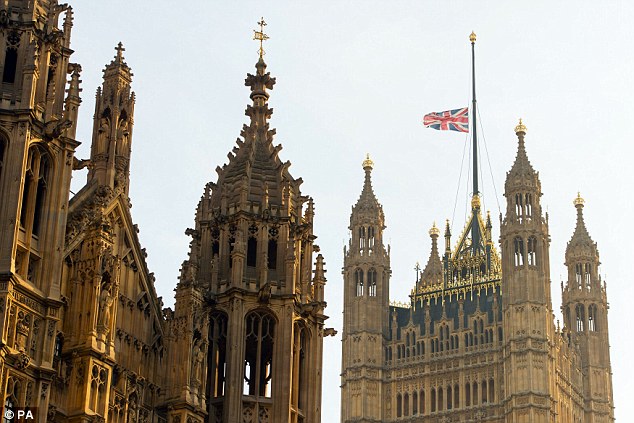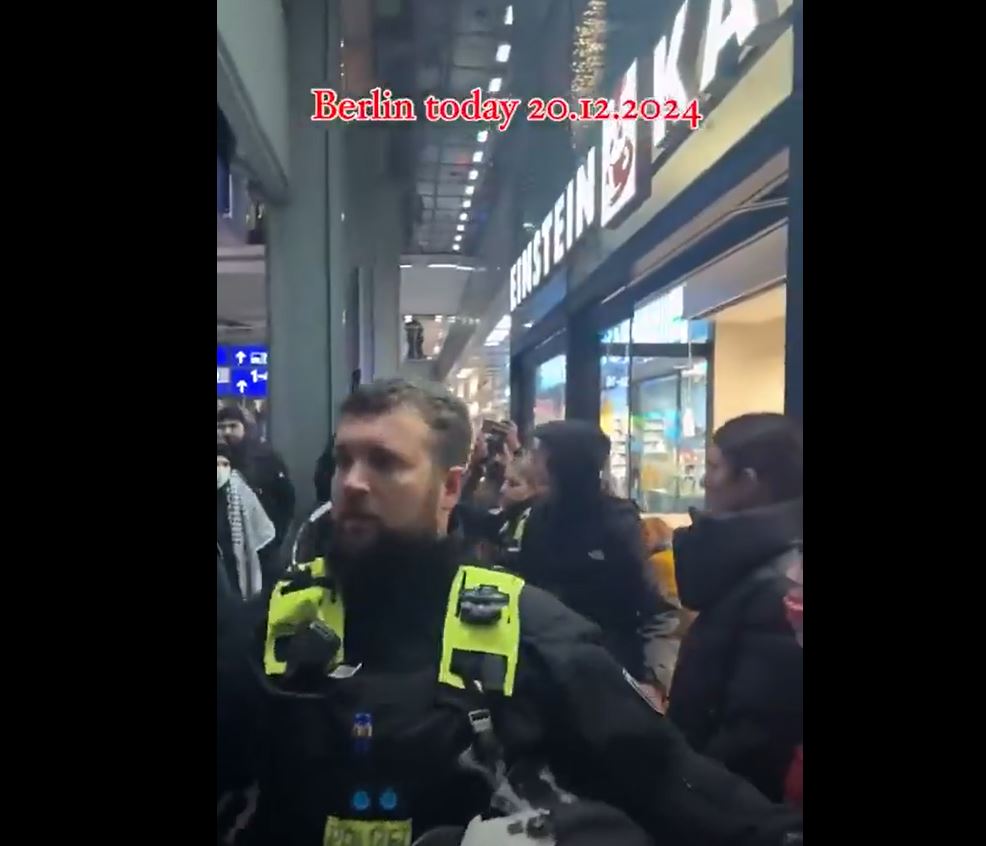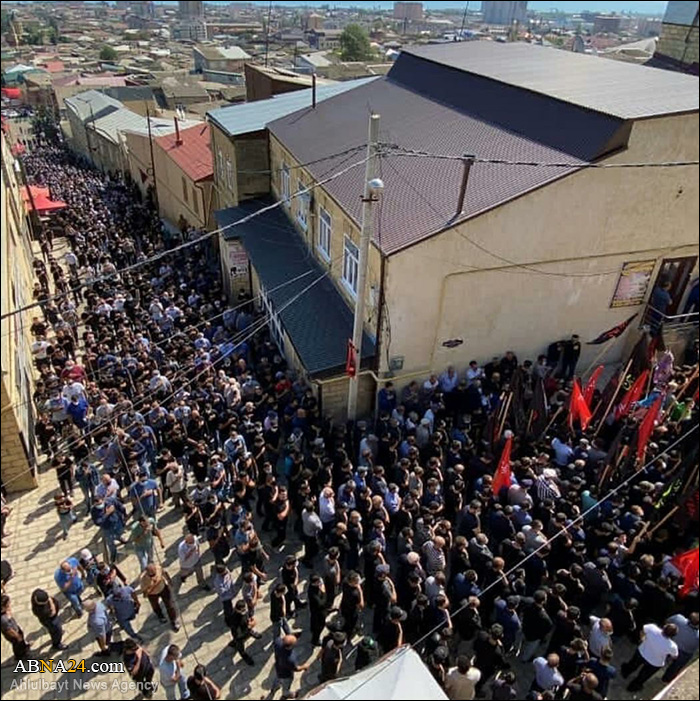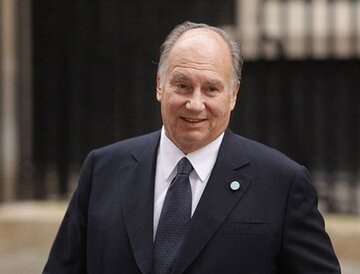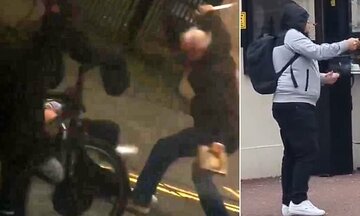The government's decision on Friday to lower British flags following the death of Saudi Arabia's King Abdullah has stirred controversy, with critics pointing to the kingdom's poor human rights record.
Tributes from world leaders have poured in for the late monarch, seen by some as a cautious moderniser in a turbulent region, but criticised by others as not having done enough to reform an absolute monarchy adhering to a severe form of Islam.
Saudi law, which forbids women from driving and punishes apostasy with death, is derived from Wahhabi Islam, an ultraconservative sect whose clergy have provided Saudi rulers with religious legitimacy.
"Your flag flying insults every woman in the United Kingdom, HOW DARE YOU," tweeted former Conservative lawmaker Louise Mensch.
Lawyer and journalist Glenn Greenwald tweeted: "UK orders flags flown at half-mast for King Abdullah. Will return to lecturing the world about democracy tomorrow."
The case of Saudi blogger Raif Badawi, who has received 50 lashings as part of a 1,000-lash punishment for insulting Islam, has triggered a global outcry and focused attention on Saudi laws.
Conversion to Christianity is punishable by death, for example, prompting many online commentators to lambast Westminster Abbey's decision to also lower its flag out of respect for Abdullah.
The flag has also been lowered on the Houses of Parliament, following a statement from the Department for Culture Media and Sport calling for the Union Flag and other national flags to be flown at half-mast.
"He will be remembered for his long years of service to the kingdom, for his commitment to peace and for strengthening understanding between faiths," British Prime Minister David Cameron said in statement.
Ruth Davidson, who leads Cameron's Conservative party in Scotland, tweeted: "Flying flags at half mast on gov buildings for the death of Saudi king is a steaming pile of nonsense. That is all."
Saudi Arabia is one of Britain's top arms customers, and is lauded by Britain and the United States as a key Arab ally in the fight against terror.
/129

